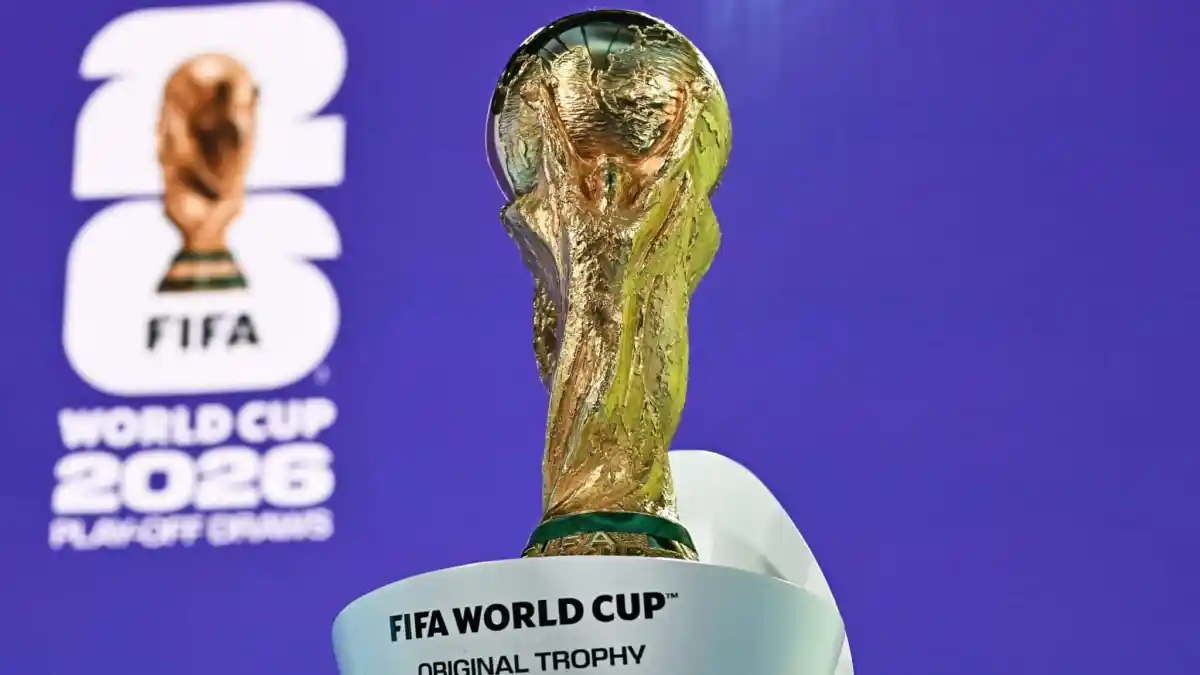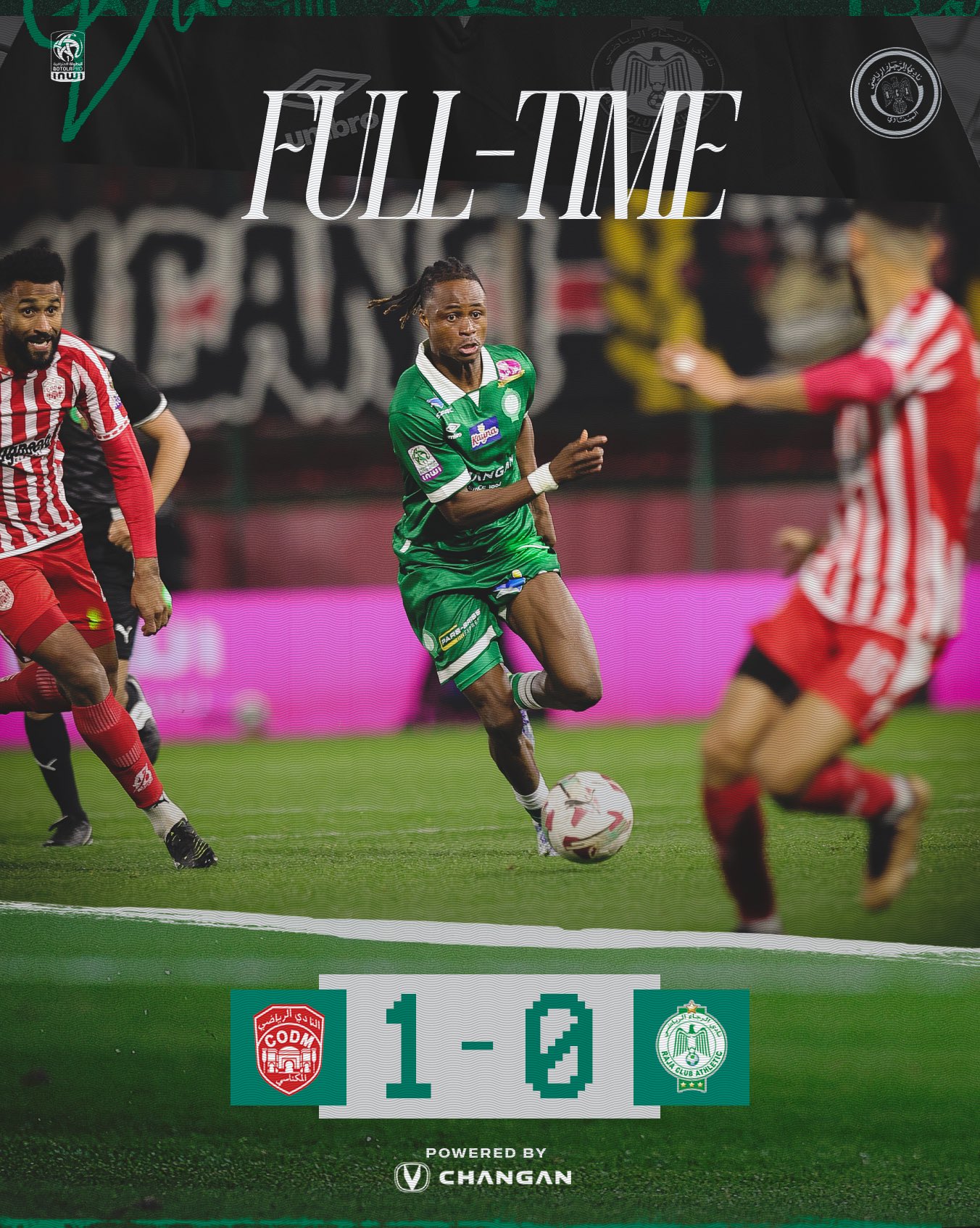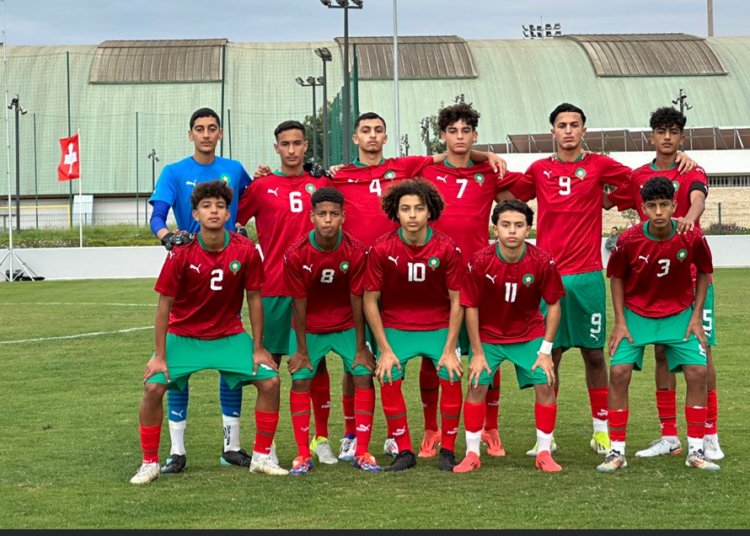The Confederation of African Football (CAF) has announced that clubs eliminated in the opening two rounds of the 2025-2026 CAF Champions League will each receive $100,000 to offset logistical expenses — a first in the tournament’s history.
The new policy is aimed at supporting teams facing significant travel and organisational costs despite early exits from Africa’s premier club competition.
Until now, clubs knocked out before the group stage have left with no financial reward.
CAF confirmed the competition calendar alongside the announcement.
The first preliminary round will take place between 19 and 21 September 2025, with return legs scheduled for 26 to 28 September.
The second round will follow from 17 to 19 October, with the decisive return fixtures set for 24 to 26 October.
The timing of the new financial measure is expected to be welcomed by smaller clubs, many of whom struggle to balance the costs of competing on the continental stage with limited budgets and domestic commitments.
The $100,000 payment will apply equally to those falling in either the first or second preliminary round.
However, in the Democratic Republic of Congo, uncertainty still surrounds which clubs will participate in CAF competitions this season.
The country is awaiting a ruling from the Court of Arbitration for Sport (CAS) over a dispute involving TP Mazembe’s challenge to last season’s domestic standings.
The outcome could determine which Congolese sides are awarded continental slots.
CAF’s decision marks a shift towards greater financial inclusion within African football, potentially easing the burden on teams that invest heavily in preparation but see their campaigns cut short.
While the Champions League remains a fierce competition dominated by well-resourced clubs, this change could help level the playing field in terms of sustainability.
The expanded prize structure aligns with CAF’s ongoing reforms aimed at enhancing the appeal and fairness of its tournaments.
It also signals recognition of the challenges faced by clubs travelling across Africa, where infrastructure, transport, and accommodation costs can quickly escalate.
With the new season fast approaching, clubs across the continent are now finalising their squads and preparations, buoyed by the knowledge that even in early elimination, their efforts will not go entirely unrewarded.
For teams on the margins of Africa’s football elite, this could be a small but significant step towards stability.











